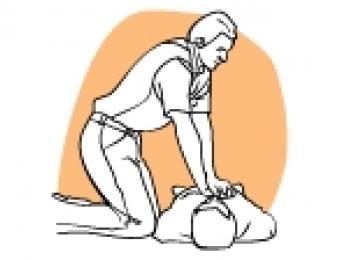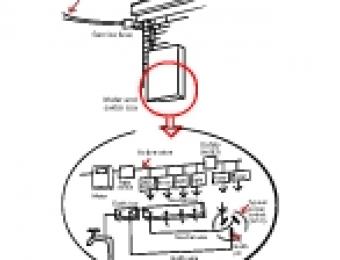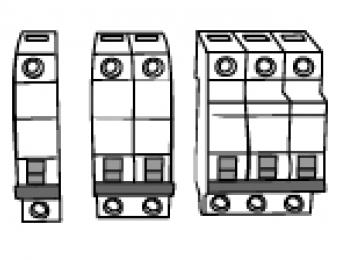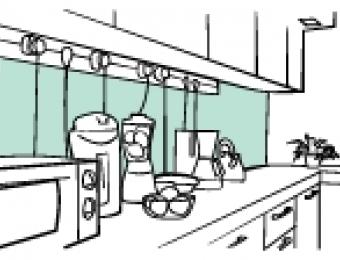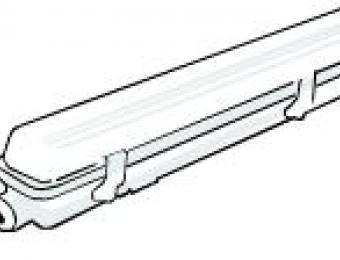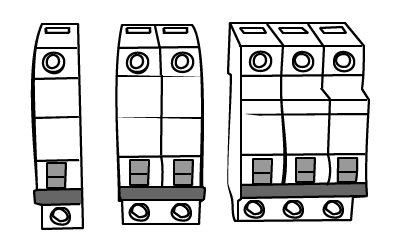
A circuit breaker is not a switch
A switch like the one on a power point is there to switch ‘normal’ current on and off. They are absolutely not suitable for anything else, including switching off a very high (‘abnormally high’) current.
The devices located in your switchboard / switch box are called miniature circuit breakers (MCBs). A circuit breaker in your switchboard does have a toggle for sure - and can be flipped into the off position. An electrician will do this if they have to carry out work on the installation. Circuit breakers, though, are there to protect the circuits they're assigned to against overloads and short circuits. Circuit breakers are designed to immediately switch off a circuit in your home if too much current is drawn through it. When this happens, circuit breakers can be reset simply by manually switching them back on.
What are overloads and short circuits?
An 'overload' is when the current flowing through the circuit breaker is several times higher than the circuit breaker's rated capacity. As an example, an MCB with a 6 amp rating will treat a current 5 times higher than this (30 amps) as an overload. Overloads might be temporary - a good example of an overload might be a motor starting up, or an appliance drawing a lot of current when it's first turned on. Overloads are normally only temporary, and won't cause the circuit breaker to switch off your power.
Short circuits are different - these normally represent a current many times higher than the MCB's rated capacity. Our 6 amp MCB, for example, may treat an electrical current of 120 amps (20 times rated current) as a short circuit. What electricians call a dead short (the proverbial nail across the power point) would produce a current of that order. Dead shorts are extremely dangerous and neat to be ‘cleared’ immediately - and this is when a MCB automatically 'trips' or switches off.
MCBs are clever
MCBs distinguish between overloads and shorts using a two-step tripping mechanism. One is a thermal element - a bi-metallic strip that responds to heat, which is designed in a way that allows it to react based on the amount of current that's flowing, and on the amount of time for which it flows.
The second part is a magnetic element. It is a coil of wire, and current flowing through it creates a magnetic field acting on the tripping mechanism. It's this magnetic element that causes very rapid disconnection if there is a short circuit.
